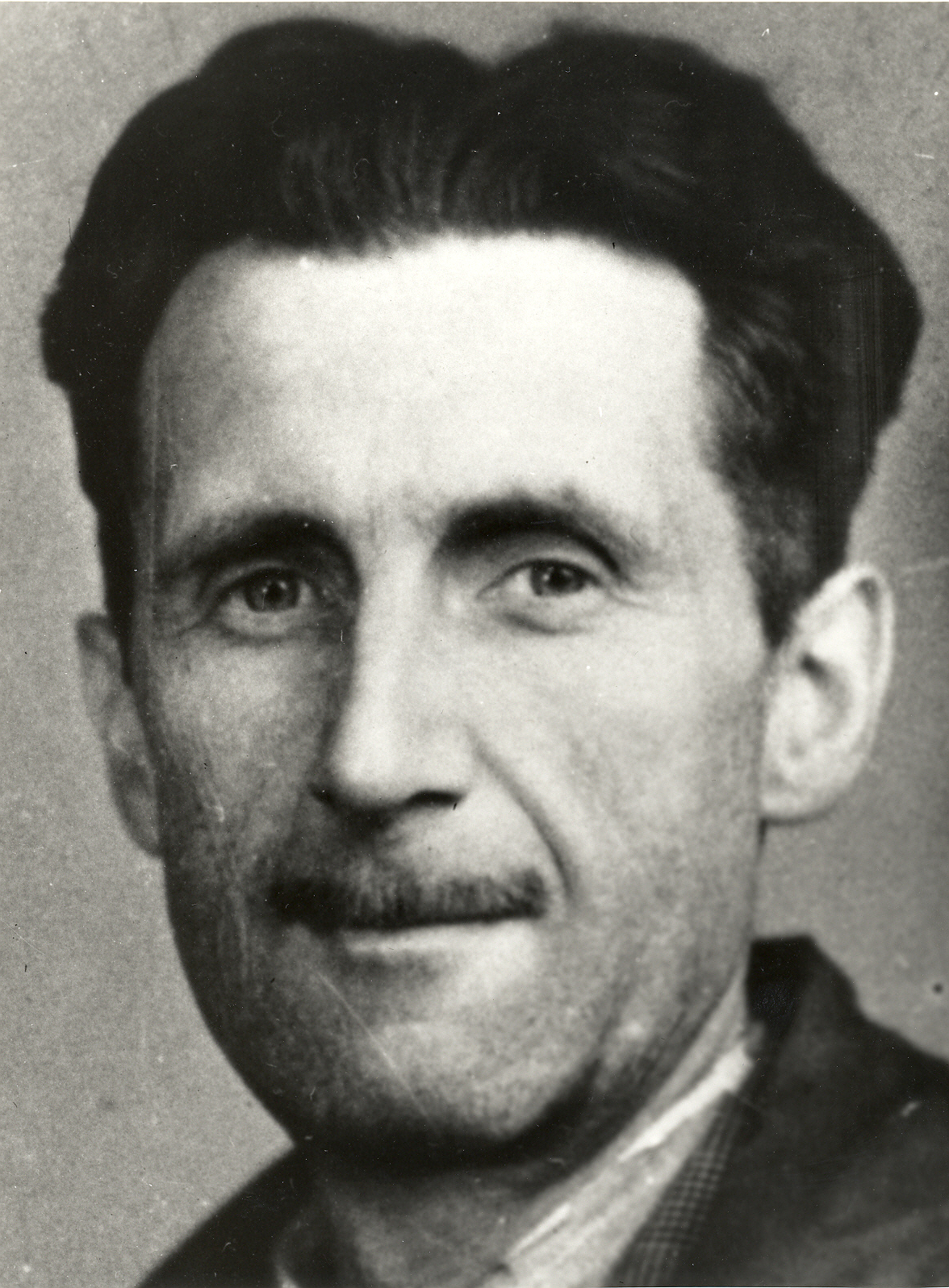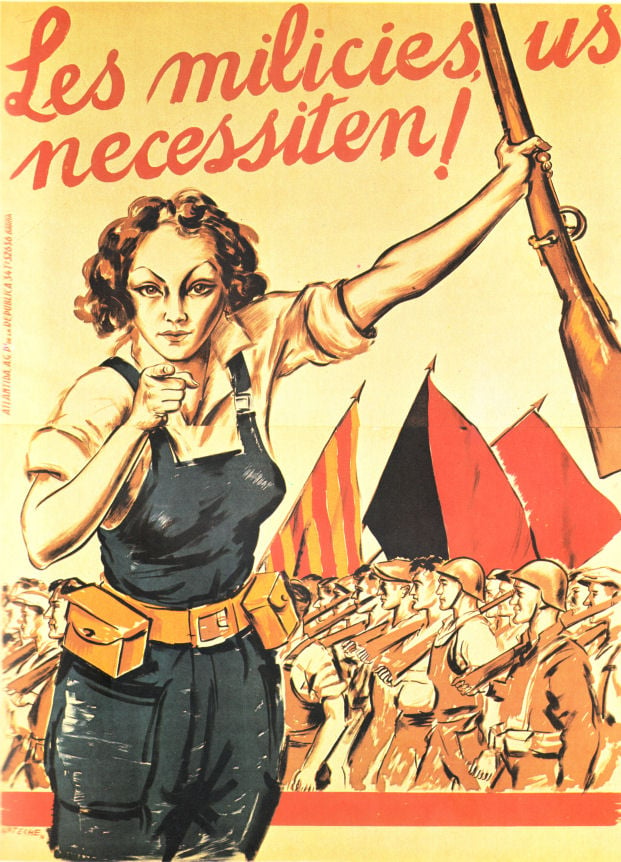George Orwell (1903 - 1950)
Thu Jun 25, 1903

George Orwell, born on this day in 1903, was an English democratic socialist author. His experiences in the Spanish Civil War led him to rabidly oppose Soviet communism, views expounded upon in Animal Farm and Homage to Catalonia.
Orwell’s work is characterized by polished prose, social criticism, opposition to what Orwell called “totalitarianism”, and support for democratic socialism.
As a writer, Orwell produced literary criticism, poetry, fiction, and polemical journalism. Among his most famous works are his allegory for the Soviet Union “Animal Farm” (1945) and the dystopian novel “Nineteen Eighty-Four” (1949). Orwell is also noted for his first hand-account of the Spanish Civil War, “Homage to Catalonia” (1938).
In “Homage to Catalonia”, Orwell writes about fighting for the Republican faction, describing in detail the ways in which the anarchist movement re-structured their economy and military to be more egalitarian. He was shot in the throat but survived, declared unfit for service, and returned to England to recover.
Orwell’s experiences with anarchist and Bolshevik movements in Catalonia made him a vehement anti-communist later in life. In 1949, shortly before he died, Orwell prepared a list of notable people he considered unsuitable as possible writers for the anti-communist propaganda activities of the British government.
The action drew widespread criticism from other left-wing figures; Scottish journalist Alexander Cockburn referred to the notebook as “a snitch list” and noted Orwell’s homophobia and racist comments on various individuals on the list as demonstrative of his bigotry.
Despite his vehement opposition to the Soviet Union and associated communist movements, Orwell continued to identify as a democratic socialist and authored essays such as “The Lion and the Unicorn: Socialism and the English Genius” (1940) that advocated for socialism, as Orwell understood it, in the United Kingdom.
- Date: 1903-06-25
- Learn More: en.wikipedia.org, www.pakistantoday.com.pk.
- Tags: #Communism, #Socialism, #Labor, #Birthdays, #Anarchism.
- Source: www.apeoplescalendar.org

